Tensions erupted last Friday in Amsterdam after a UEFA football match, with European leaders widely condemning the violence. Euronews travelled to the Dutch capital to decipher the story.
Tension is high in Paris, as the city gears up to host a UEFA Nations League match between France and Israel this Thursday.
Echoes of last week's clashes in Amsterdam between Israeli Maccabi Tel Aviv supporters and Pro-Palestinian demonstrators remain. The clashes sparked international uproar and threatened to escalate the already present polarisation of the two communities.
European leaders labelled the attacks on the Israeli supporters as antisemetic, but many on social media claim that Maccabi supporters instigated and provoked violence in the days and hours leading up to the match on Thursday.
Euronews went to Amsterdam and spoke with representatives of each communities, revealing Thursday's incident to be more nuanced that initially appeared
What happened?
Despite reports that violence erupted overnight, Amsterdam was the scene of rising tensions a day before the game even started. On Wednesday, thousands of Maccabi Tel Aviv supporters arrived in the Dutch capital ahead of the match with Ajax Amsterdam.
In a press conference, local police reported tensions first started when Maccabi supporters set a Palestinian flag on fire on Dam Square. Additional flags were ripped from residential homes.
The police said Israeli fans vandalised a taxi, which led to clashes between around 400 Israeli Maccabi fans and taxi drivers from across the Dutch capital.
Videos circulating online show a Maccabi supporter being pushed or jumping into the canal while on-lookers yell "say free Palestine and we'll leave." Euronews was not able to independently verify this video.
Despite police efforts to de-escalate, tension rose again Thursday afternoon when various skirmishes took place between Maccabi supporters and opponents on the city's central Dam Square.
Before the start of the game, Maccabi supporters were filmed chanting slurs such as "F*** you Palestine" and "Let the IDF win, we will f*** the Arabs." Media reports showed supporters also disrupted the one minute silence for the victims of Spain's deadly floods with chants, whistles, and fireworks.
The police said the situation was seemingly under control by the end of the match, with no clashes reported directly outside of the stadium.
The escalation started up again after groups gathered in the capital’s city centre. The police said “rioters then committed hit and run actions, targeting Israeli supporters. This resulted in a number of serious assaults in various places in the city.”
Social media videos showed groups chasing, as well as both verbally and physically attacking Maccabi supporters. Some videos show groups of men throwing fireworks at one another.
62 people were arrested and five supporters were brought to the hospital for their injuries, who have since been discharged. Both Israeli Prime Minister Benjamin Netanyahu, who deployed rescue planes to return the supporters back to Israel, and his Dutch counterpart, Prime Minister Dick Schoof, condemned the attacks as antisemitic.
'It's important to stop throwing oil on the fire'
The clashes occurred a day before the anniversary of Kristallnacht, a pogrom against Jews carried out by the Nazi on the nights of 9 and 10 November in 1939.
Leaders reacting to the event made a link between the two events, with Israel quick to connect the two and Amsterdam’s Mayor Femke Halsema using the word to describe Thursday's violence.
Daniella Coronel, who is a Jewish Dutch volunteer at the Maccabi Jewish sport charity in the Netherlands, expressed her fear for the growing antisemitism in the country.
She pointed to the last year following Hamas' attack on Israel on 7 October, as being particularly difficult.
“For Jewish people, it is the first time in my life that I, as well as many others, feel the need to hide our identity.” Coronel, who coincidentally also happens to be the daughter of one of the historical board members of the Ajax Amsterdam football team, managed an organisation which hosted Maccabi fans in centres and hotels before their return to Israel.
According to Jair Stranders, board member of the Progressive Jewish Association of Amsterdam and advisor to the city council, the use of the word ‘pogrom’ has been weaponised by certain leaders in an attempt to divide communities.
The philosopher noted that “polarisation in itself is something that is part of democracy,” but that problems arise once this becomes weaponised.
“I think it’s really important to stop throwing oil on the fire,” he added “politicians and the right-wing are doing it, they are not reacting in a way like responsible leaders should. They are weaponising it and using it to blame Muslims, to blame migrants, to blame the left-wing.”
Many people Euronews spoke to describe the attacks as targeted, where both pro-Palestinian supporters and Israelis were targeted based on their identity.
A Maccabi supporter said that one of his friends escaped an altercation because he also possessed an ID that wasn’t an Israeli passport.
Stranders understood how the targeted attacks had the potential to frighten the Jewish community, but added that “if you see the images of Israeli people, who are of course partly hooligan, and who did things that were really not good the day before, which you should really condemn; I understand that young Muslim people feel triggered by it. I don’t agree with it, but I can understand how it works.”
'Vital mistakes' leading up to violence
Palestina activist and Founder of MiGreat, Roos Ykema, who wore a Keffiyeh and a jacket that read "Free Palestine," echoed this fear that her and her community were targeted due to their identity.
“A lot people have felt uncomfortable to even wear a Keffiyeh all week, because we’ve heard about the racist attacks all week and about buildings and people being targeted because they look Muslim.”
Dutch Pro-Palestinian groups had urged the city to cancel the match days ahead, as a protest against Israel's ongoing war in Gaza.
The match was not cancelled, but pro-Palestinian demonstrations were barred from taking place near the stadium where the match was due to take place by Amsterdam's mayor, Femke Halseme.
Ykema said the boycott movement has called for years to ban Israel and Israeli football teams from the European competition. “I don’t understand how the Dutch government or the municipality thought this was a good idea and didn’t think people would go out on the streets.”
Following Thursday's violence, Halsema implemented a three-day ban on demonstrations and gave police emergency stop-and-search powers.
Ykema says protesting is a human right, and is critical of the government's decision, arguing that protests should not be banned under antisemitism, “This was a political action and we cannot use antisemitism."
"This city is full of people who are Jewish, who are demonstrating side by side to us,” she added.
Bob Sneevliet, who is a journalist at Left Laser, shared this sentiment, “this is full scale state repression.”
He said local authorities made vital mistakes leading up to the incident, and that what unfolded was a predictable outcome of a pro-Palestinian demonstration ban.
Sneevliet said that if it weren’t for the ban, people would have all been in one place, rather than spread across the city in smaller groups, making it easier to manage for riot police who are used to dealing with football mobs.
“And secondly,” he said, “allowing Maccabi hooligans for two days to roam the streets and intimidate people” created the conditions for violence to thrive.
At a gathering at the Monument to Jewish Resistance, Malachi who is a member from Erev Rav, an antizionist Jewish collective in the Netherlands, said he felt safe.
“The most unsafe I felt was when Mayor Halsema from Amsterdam sent out a decree that demonstrations were cancelled, that people could be searched by police at any time.”
Malachi was wearing a Keffiyeh and a watermelon Kippah. Watermelon, which shares the same colours of the Palestinian flag, serves as a symbol of solidarity. “That (the risk to be targeted by the police as a result of the demonstration ban) more than anything else that happened, made it feel less safe to walk around with my watermelon Kippah and Keffiyeh.”

 5 months ago
41
5 months ago
41
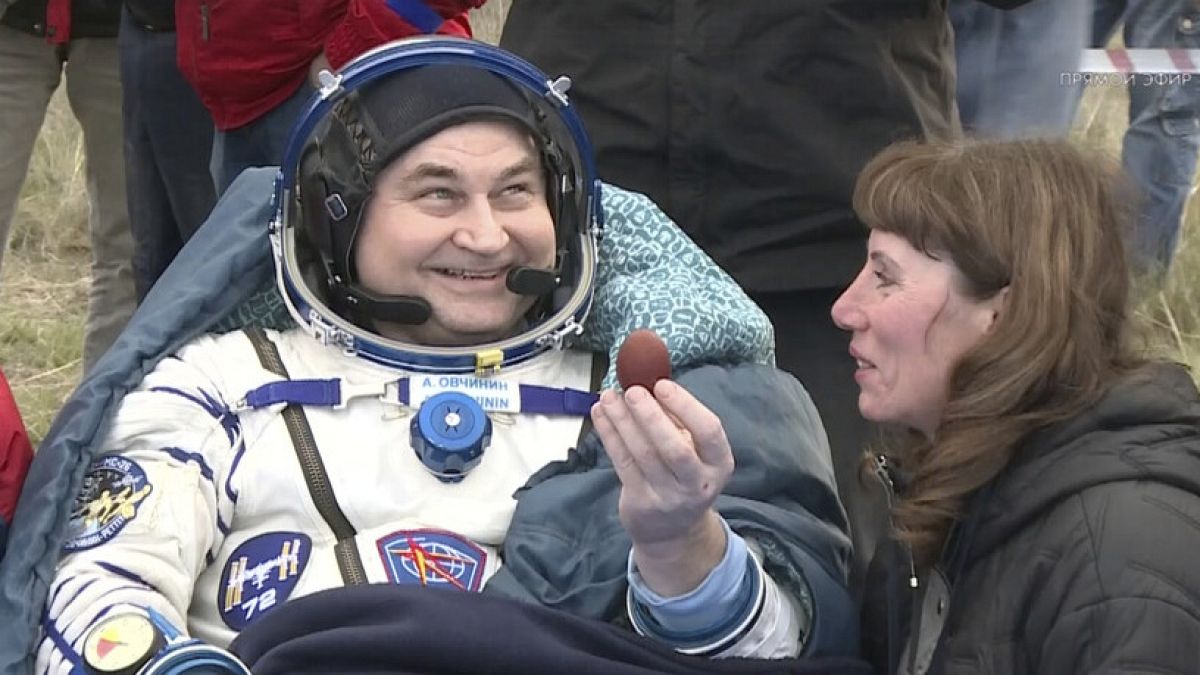
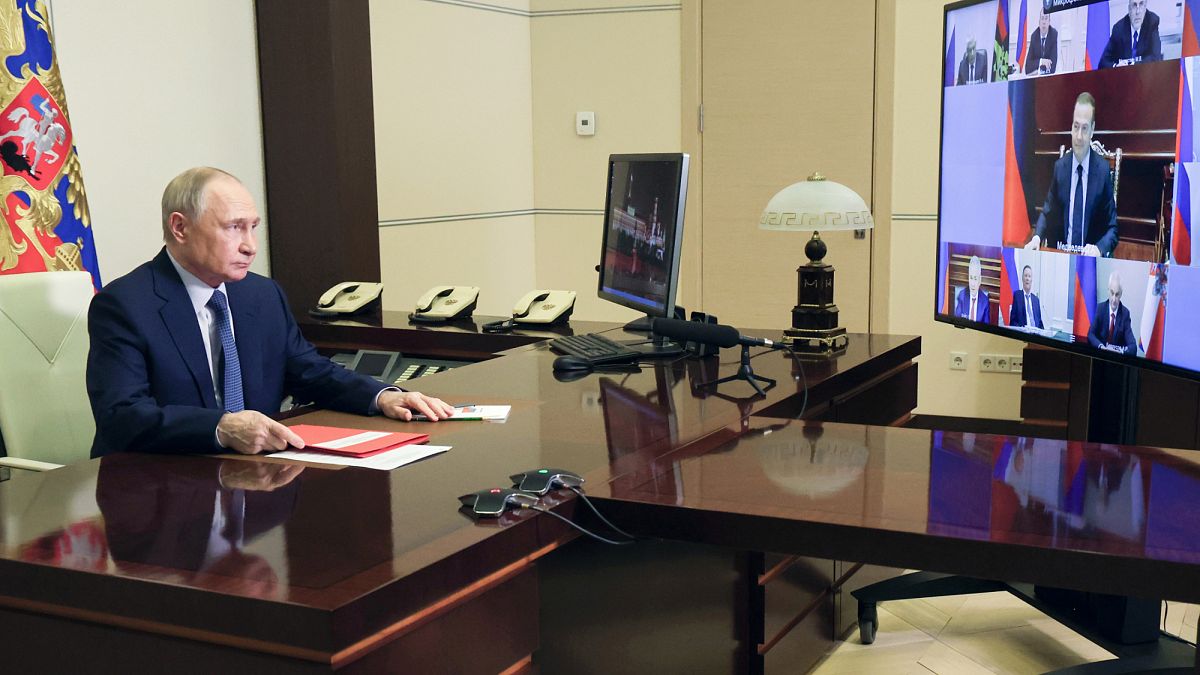
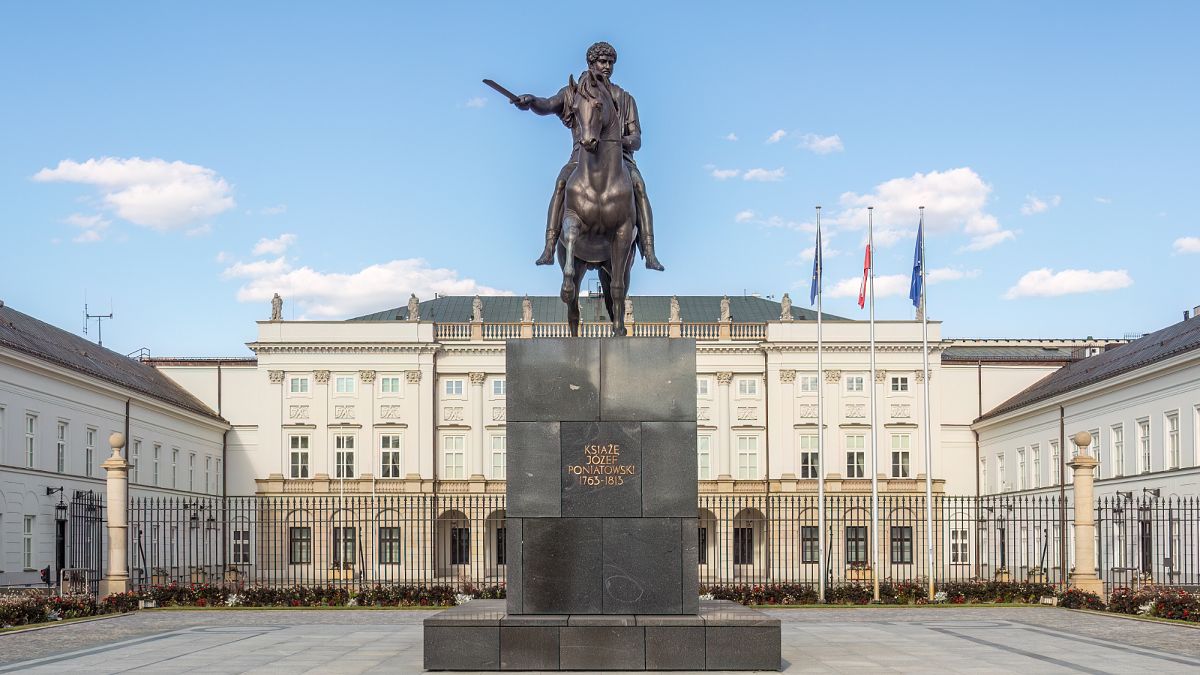
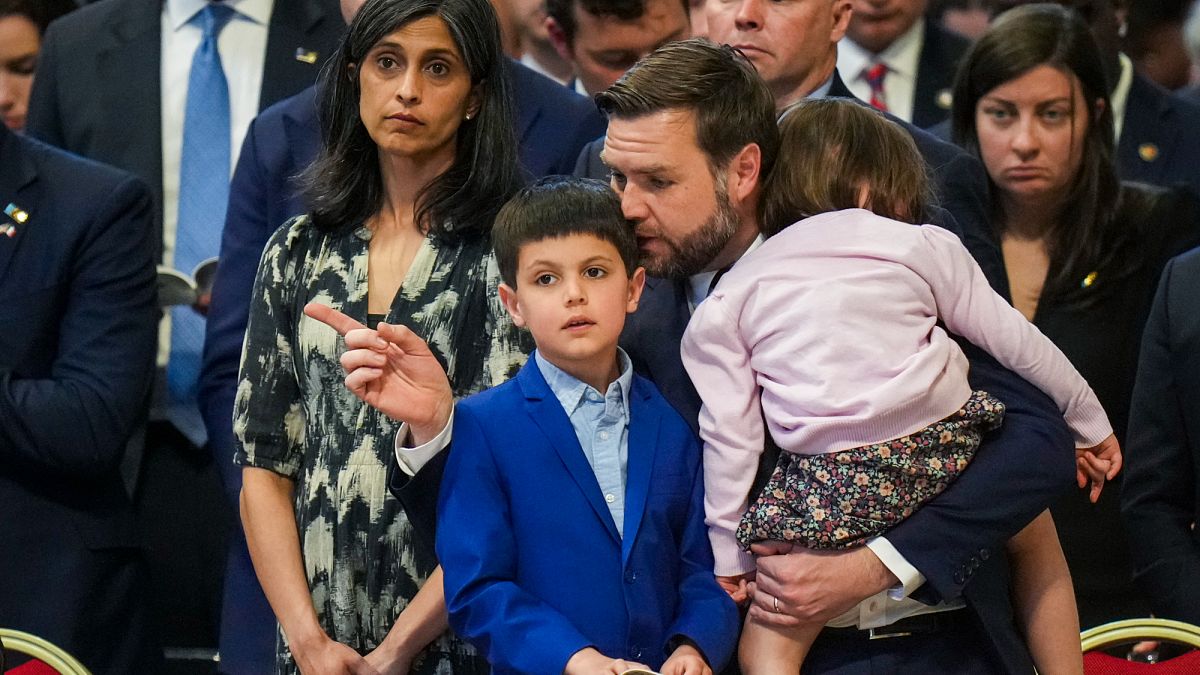
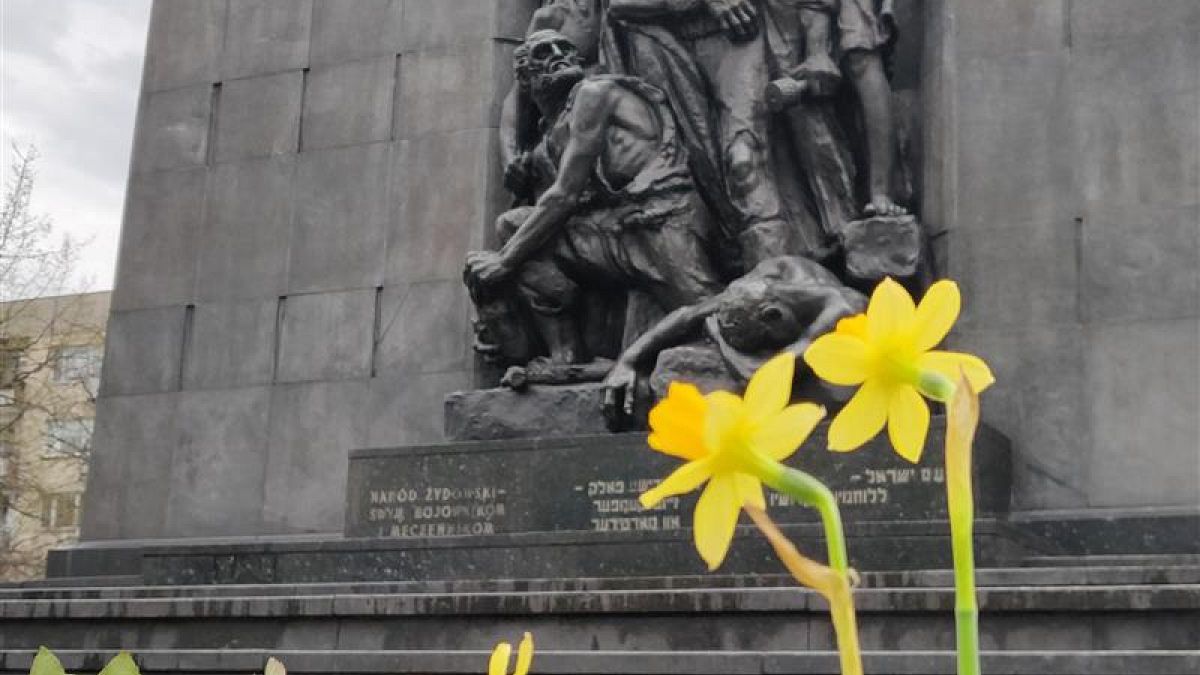
 We deliver critical software at unparalleled value and speed to help your business thrive
We deliver critical software at unparalleled value and speed to help your business thrive






 English (US) ·
English (US) ·